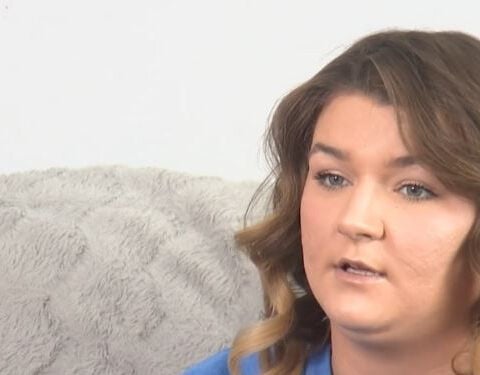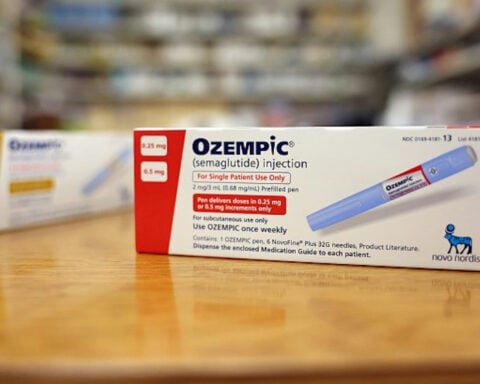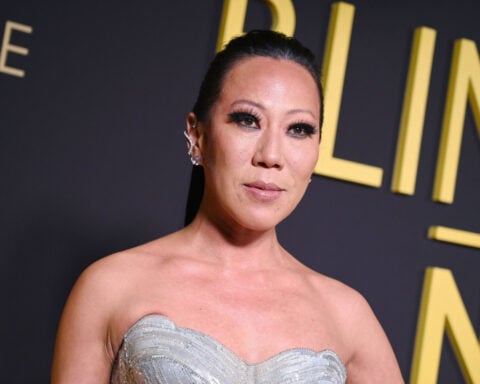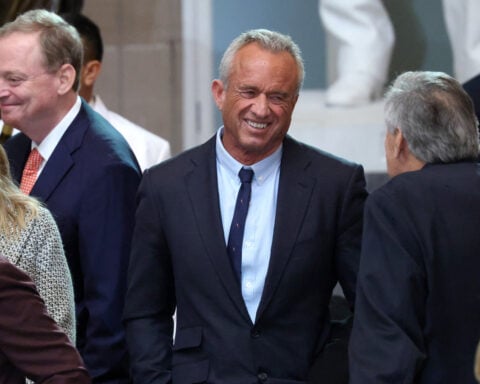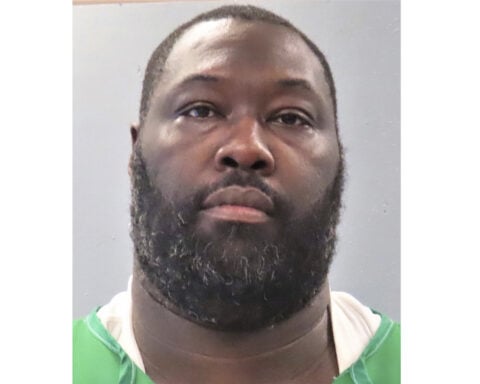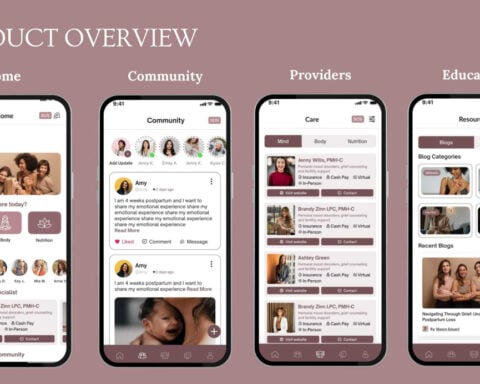New research shows that TikTok's algorithms promote unhealthy eating and unrealistic body image among vulnerable teens. Based on their analysis of popular nutrition and weight videos, researchers from the University of Vermont claim that the "For You" feed, which never ends, contributes to harmful diet culture by subjecting young users to moralized, oversimplified messages from unqualified influencers.
Led by senior author Dr. Lizzy Pope, director of UVM’s Didactic Program in Dietetics, the team raised alarms over TikTok overriding legitimate experts to promote thinness and restrictive dieting as the sole path to health. Researchers warn TikTok may fuel disordered eating and distortion of healthy relationships with food by encouraging vulnerable youth to equate well-being with achieving unrealistic body types.
The platform’s unique reach among young people coinciding with key stages for physical and emotional development further troubles experts. During ages 15-25, when bodies and self-image undergo dramatic fluctuations, TikTok elevates reductive soundbites on achieving superficial ideals over nuanced medical wisdom.
The cognitive dissonance between reality and unrealistic standards plays out through rises in conditions like anorexia, bulimia, and overexercise, which have doubled among adolescents since the pandemic, according to nonprofit reports.
But unlike previous broadcast media eras where gatekept distribution created some firewalls against overt medical misinformation, TikTok’s frictionless user-generated video removes previous constraints. Its discovery-first design centered on maximizing engagement fundamentally services controversy and clickbait above authoritative science.
So without the balancing forces of editorial standards or transparency in what reaches millions of young people daily, TikTok’s unfiltered firehose of crowd-sourced content carries built-in vulnerabilities ripe for exploitation.
Unlike other platforms, TikTok's unique interface and algorithm actively promotes continued exposure and amplification of harmful diet culture content. The endless scroll of the app's "For You" feed surfaces videos from random accounts rather than solely people users know, broadening reach dramatically.
When users view or engage with weight loss tips, toxic advice, or thinness-promoting messaging, TikTok's algorithm interprets that as interest and serves up more content. This creates a dangerous echo chamber effect unlikely on networks sharing posts mainly amongst established friend circles.
On TikTok, the app itself drives viral promotion through recommendations centered around maximizing watch time. So harmful diet claims spread rapidly in front of the highest-risk demographic through sheer viewing behavior patterns without other credibility filters.
The youth-centric nature of TikTok means still developing teenage subscribers lack fully formed critical thinking skills to parse legitimate wellness guidance from specious claims tied to financial motives.
Registered dietician Rebecca Hambright echoes worries over TikTok's brevity lowering barriers to spreading oversimplified messages en masse. Together, the elements synthesize a Petri dish growing distorted dietary guidance from unvetted sources at unprecedented scale targeting those most biologically vulnerable.
Thin white women dispensing facially dubious health tips remain disproportionately visible, according to researchers. The tandem surge in youth eating disorders, therefore, garners little surprise given long-established research on media imagery affecting body confidence and self-perception.
National polls found over 80% of 10-22-year-old TikTok users follow fitness guidance from the app, with over 75% saying content changed eating habits and perceptions of bodies. But opaque algorithms determining visibility resist traditional scrutiny, allowing concerning patterns to operate unchecked.
For example, extensive reporting revealed coordinated “wellness cartels” schemes together, boosting cross-content through mass commenting and sharing between accounts under their control. Once visibility passes initial thresholds, the collective power of recommendation engines takes over, spreading correlated tags and sounds across the platform.
Backscratching “collab house” participants then parlay initial platform clout into cementing followings they monetize through selling dubious supplements or personalized diet plans. The network effects become self-reinforcing flywheels as visibility gains unlock partnerships and merchandise, amplifying reach further until waved off eventually as “unproblematic” parts of platform culture.
With impressionable teenagers clearly taking cues from online role models over medical experts, critics contend TikTok must curb harmful diet misinformation - not blindly traffic in it. But the same profit motives rewarding engagement encourage actively courting controversy, embodying confirmation bias, and keeping users scrolling through any means necessary.
And unlike previous eras, immense wealth now concentrates on youth-run media brands built on digital celebrities foregrounding the most attention-grabbing personalities. Venture funding pours into nascent startups marrying content and commerce targeting Gen Z spenders.
New media critics argue these incentives fundamentally skew what speech gets heard toward better outraging audiences rather than informing them. The hands-off abdication of editorial guardrails rationalized away under “democratizing” user-generated content removes previous constraints on medical quackery.
So calls grow louder, demanding greater accountability measuring the true societal damages disproportionate reach conveys and transparency into the engineering decisions made by platforms claiming no responsibility for content uploaded daily.
Lawmakers also increasingly pressure TikTok over tactics perceived as psychologically manipulating youth self-image for profit. Whether through product placement driving consumption or algorithms valuing watch time over welfare, leaders across the political spectrum take aim at corporate rhetoric belied by business models relying on addiction.
“We have to make the financial incentives line up with what’s good for the public,” argues executive director Jesse Lehrich of advocacy organization Accountable Tech. That reorientation places public health incentives over private profits, informed by impact data.
Until reforms emerge, however, concerned parents gain awareness into their child’s usage, monitoring trends and having open discussions. "Talk about what healthy behaviors look like around food, exercise, sleep, and self talk,” Hambright advises caregivers. Establishing secure foundations of self-confidence and balance helps withstand fleeting social media fads.
At some point the performative extremes exhaust themselves as online spaces mature. MySpace’s top friends beget Facebook photo filters beget Instagram influencers beget TikTok’s neurotic fitness hacks chased by the next big thing. But the underlying humanity persists irrespective of the platform.
Each online epoch brings positives despite pitfalls: connection, community, and exchange of ideas, good and bad. The project endures finding an equilibrium between openness and protection, engagement and responsibility across generations chronically struggling to understand one another.

 United Airlines CEO calls pullback in domestic seats a durable trend
United Airlines CEO calls pullback in domestic seats a durable trend
 Discover Financial fourth-quarter profit jumps on lower loan loss provisions
Discover Financial fourth-quarter profit jumps on lower loan loss provisions
 Volkswagen says 6% margin target for brand realistic in medium term, analyst says
Volkswagen says 6% margin target for brand realistic in medium term, analyst says
 Bain matches CC Capital's offer for Australia's Insignia Financial at $1.92 billion
Bain matches CC Capital's offer for Australia's Insignia Financial at $1.92 billion
 White House summarizes Trump orders this week suspending entry at border
White House summarizes Trump orders this week suspending entry at border
 Alaska Air beats Q4 profit estimates, sees smaller Q1 loss on robust travel demand
Alaska Air beats Q4 profit estimates, sees smaller Q1 loss on robust travel demand
 Patrick Mahomes on whether NFL officials favor the Chiefs: 'The referees are doing their best'
Patrick Mahomes on whether NFL officials favor the Chiefs: 'The referees are doing their best'
 TikTok may fuel disordered eating
TikTok may fuel disordered eating